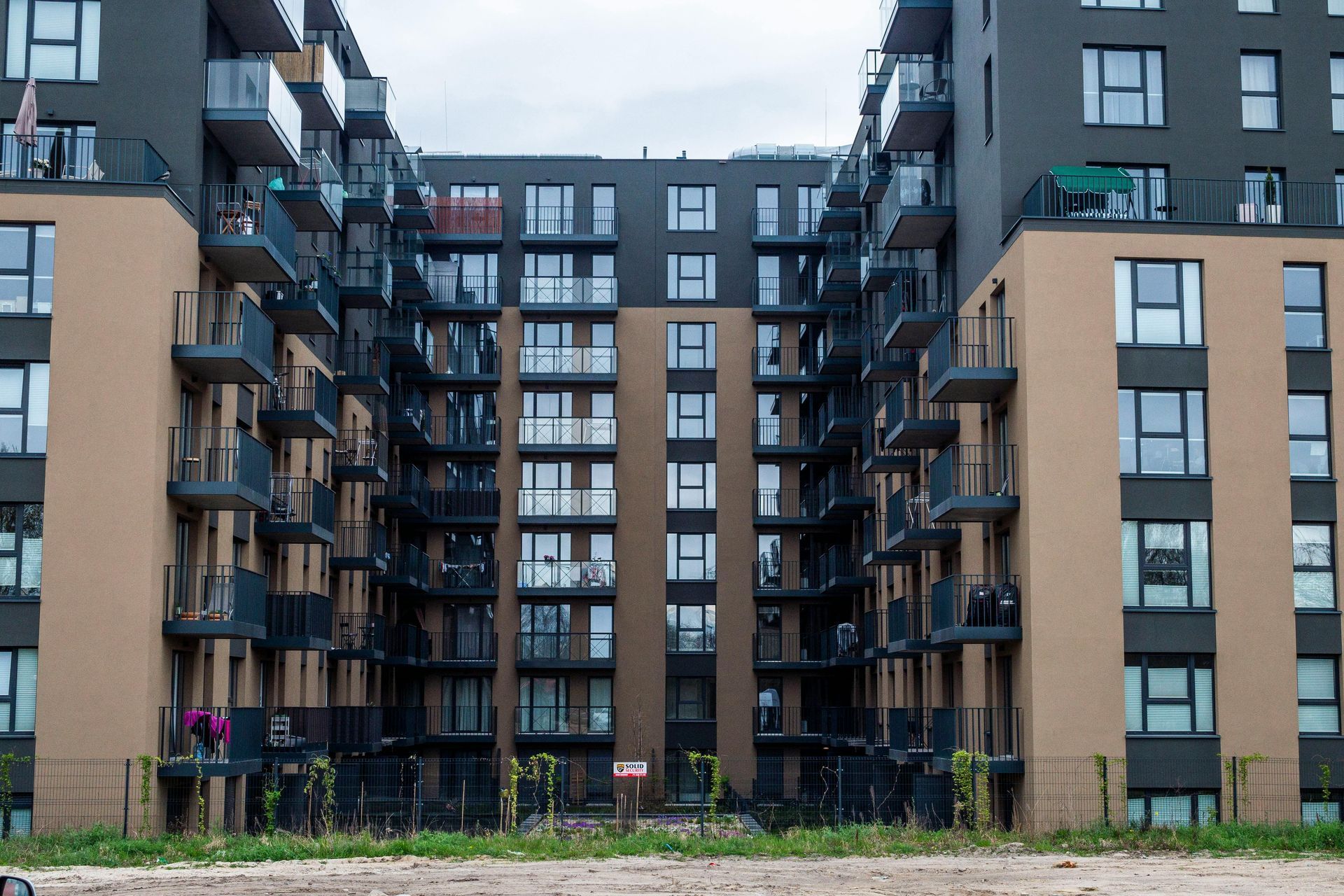Unpacking the Adjudication Process: Part 4 of Our SOPA Series

Welcome back to our series on the Security of Payment Act (SOPA)! In our previous posts, we laid the groundwork by discussing the purpose of SOPA and the initial steps of making a payment claim and responding with a payment schedule. Today, we delve into the heart of SOPA's dispute resolution mechanism: the adjudication process.
The beauty of SOPA lies in its swift and efficient approach to resolving payment disputes in the construction industry. Unlike lengthy and costly court litigation, adjudication offers a fast-track pathway to a binding decision, typically within a matter of weeks. This is crucial for maintaining cash flow within projects and preventing financial distress for contractors and subcontractors.
So, how does the adjudication process unfold under SOPA?
1. Applying for Adjudication
If a claimant (the party who submitted the payment claim) is dissatisfied with a payment schedule, or if no payment schedule was provided and the payment remains unpaid, they can initiate the adjudication process. This involves lodging an adjudication application with an Authorised Nominating Authority (ANA).
- Strict Timeframes: This is a critical point! SOPA imposes strict timeframes for lodging an adjudication application. These vary slightly between states and territories, but generally, there are specific windows depending on whether a payment schedule was received, and if so, how much was paid. Missing these deadlines can be fatal to your application, so professional legal advice is highly recommended at this stage.
- The Application: The application itself is a formal document that must be in writing, identify the relevant payment claim and payment schedule (if any), and include all supporting documentation and arguments that the claimant wishes the adjudicator to consider. This usually involves detailed legal submissions and evidence.
2. Appointment of the Adjudicator
Once the adjudication application is lodged with an ANA, the ANA's role is to appoint an adjudicator. Adjudicators are independent, qualified professionals, often with a background in construction law or related fields, and possess specialised knowledge of SOPA. The ANA typically notifies both parties of the adjudicator's acceptance of the appointment within a few business days.
3. The Adjudication Response
Upon receiving a copy of the adjudication application, the respondent (the party who received the payment claim) has a limited timeframe to prepare and serve an adjudication response on both the adjudicator and the claimant.
- Timeliness is Key:
Similar to the application, strict deadlines apply to the adjudication response.
- Content of the Response: The response must address the arguments and evidence presented in the adjudication application and outline the respondent's reasons for withholding payment or for the amount scheduled. Crucially, a respondent can generally only raise reasons for withholding payment that were already included in their original payment schedule. This reinforces the importance of a comprehensive payment schedule from the outset.
4. The Adjudicator's Determination
The adjudicator's primary role is to impartially assess the payment claim, the payment schedule (if any), the adjudication application, and the adjudication response. They may also request further submissions from the parties or conduct inspections.
- Focus on the Contract and the Act: The adjudicator's determination is based on the terms of the construction contract and the provisions of the relevant SOPA legislation. They are not conducting a full re-hearing of the entire contract, but rather focusing on the disputed progress payment.
- Binding Decision: The adjudicator must make a determination within a short, prescribed timeframe (typically 10-15 business days). This determination outlines the amount (if any) that the respondent must pay to the claimant, and the date by which that payment is due. While not a final determination of all contractual rights, the adjudicator's decision is binding on the parties for the purposes of immediate payment.
5. What Happens Next?
If the adjudicator determines that an amount is payable, the respondent is obligated to pay that amount by the specified due date. If they fail to do so, the claimant has further avenues for enforcement, which we will explore in detail in the next part of our series. These can include obtaining an adjudication certificate, which can then be registered as a judgment in court, allowing for traditional debt recovery mechanisms.
Key Takeaways for Adjudication
- Time is of the essence: Strict statutory timeframes apply at every stage of the adjudication process. Missing a deadline can have severe consequences.
- Documentation is paramount: Thorough and accurate documentation of all works, communications, claims, and responses is crucial for a successful adjudication.
- Independent expertise: Adjudication provides a swift and expert assessment of payment disputes by an impartial third party.
- Binding for immediate payment: The adjudicator's determination creates an immediate obligation to pay the determined amount, even if the underlying contractual dispute continues.
Understanding the adjudication process is vital for anyone involved in the construction industry. It empowers parties to quickly resolve payment disputes and maintain healthy cash flow.
In our next blog post, Part 5 of this series, we will delve into the common issues and mistakes of SOPA. Stay tuned!

Senior Solicitor
Email: kristen@hntlegal.com.au
Author
List of Services
-
Matthew HammondMatthew Hammond Matthew Hammond
-
Vivian NguyenVivian Nguyen Vivian Nguyen
-
Maria ValenzuelaMaria Valenzuela Maria Valenzuela
-
David CleverleyDavid Cleverley David Cleverley
-
Peter MorrisPeter Morris Peter Morris
-
Andrew PaciniAndrew Pacini Andrew Pacini
-
Marie-Cecilia FerreiraMarie-Cecilia Ferreira Marie-Cecilia Ferreira
-
Jabour HaddadJabour Haddad Jabour Haddad
-
Razeeha ReillyRazeeha Reilly Razeeha Reilly
-
Jack DunnJack Dunn Jack Dunn
-
Melanie KorialMelanie Korial Melanie Korial
-
Mahdi RahimzadaMahdi Rahimzada Mahdi Rahimzada
-
Albert ThaiAlbert Thai Albert Thai
-
Martin AbdelsayedMartin Abdelsayed Martin Abdelsayed
-
Rachel SiewRachel Siew Rachel Siew
-
Jamie-Lee MerhiJamie-Lee Merhi Jamie-Lee Merhi
-
Lina VoLina Vo Lina Vo
-
Georgia MoaitGeorgia Moait Georgia Moait
-
Sarah FoddaSarah Fodda Sarah Fodda
-
Alessia GiglioAlessia Giglio Alessia Giglio
-
Alexander BatshonAlexander Batshon Alexander Batshon
-
Andre BarkhoAndre Barkho Andre Barkho
-
Gauri KoteraGauri Kotera Gauri Kotera
-
Bridgette EdmundsBridgette Edmunds Bridgette Edmunds
-
Michelle GalaritaMichelle Galarita Michelle Galarita
-
Bea OctavaBea Octava Bea Octava
-
Liber ReboquioLiber Reboquio Liber Reboquio
-
Jing DyJing Dy Jing Dy
Share to










